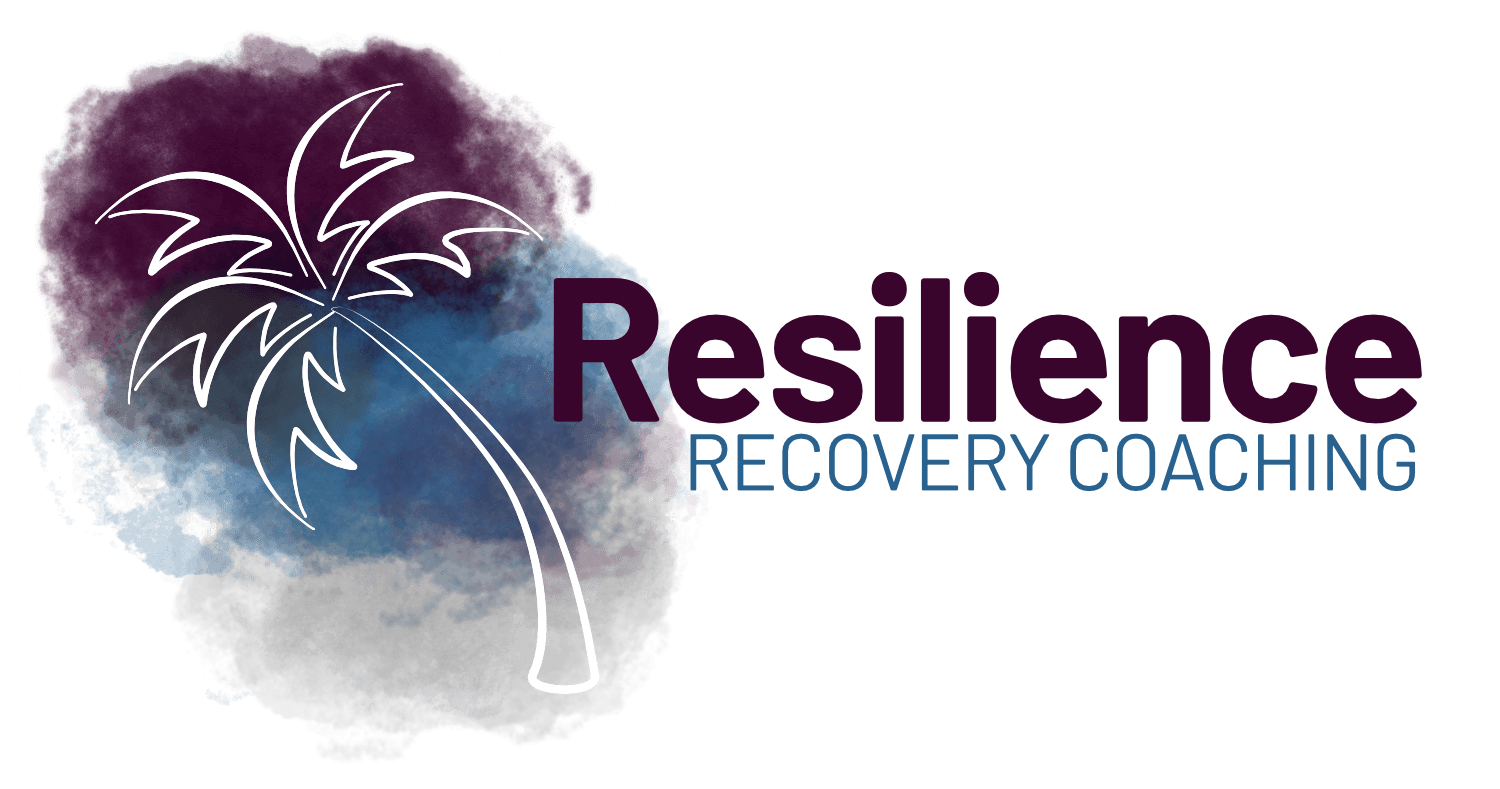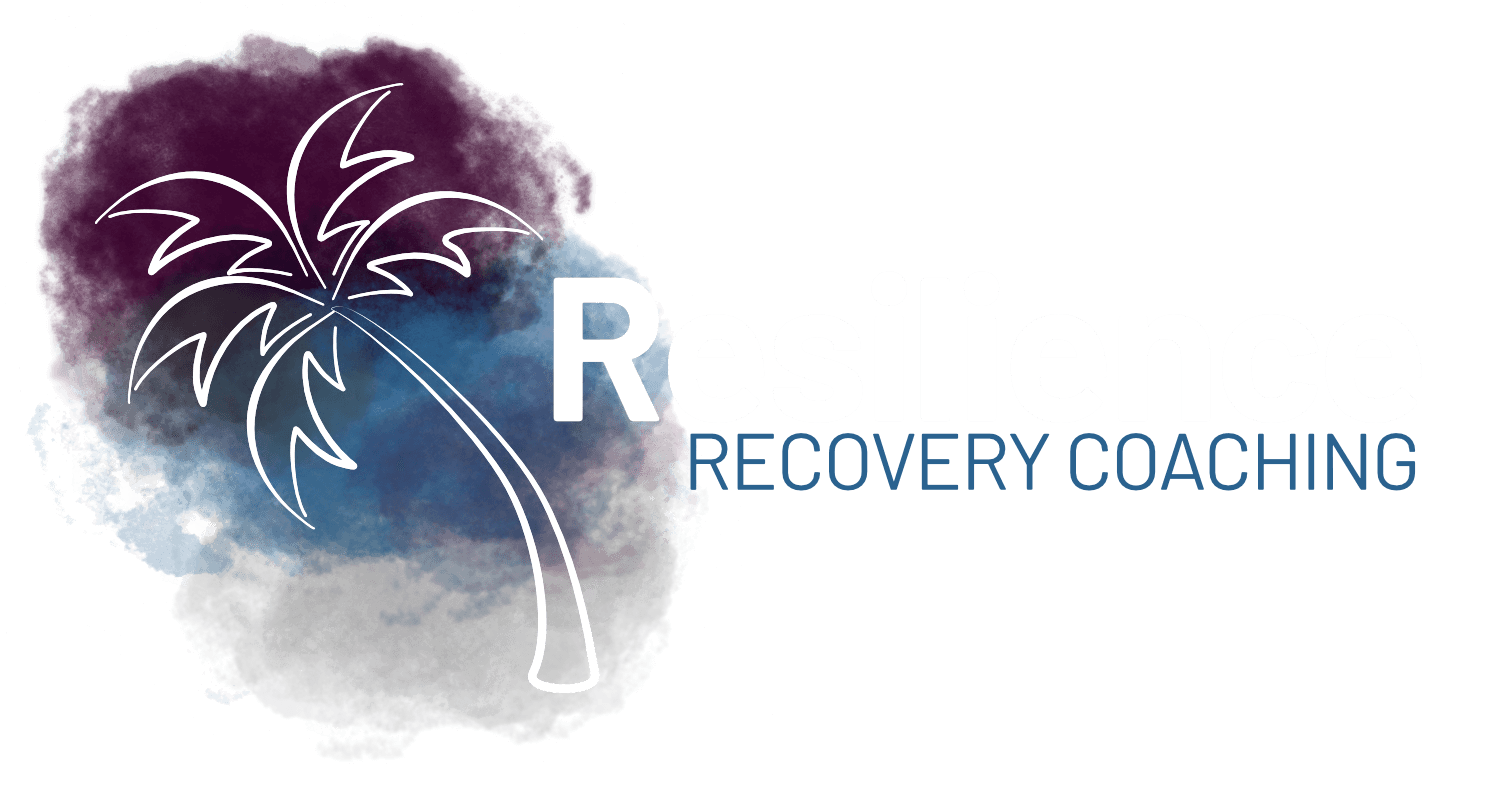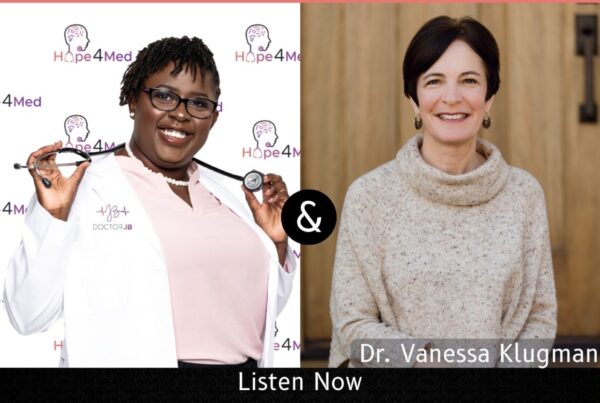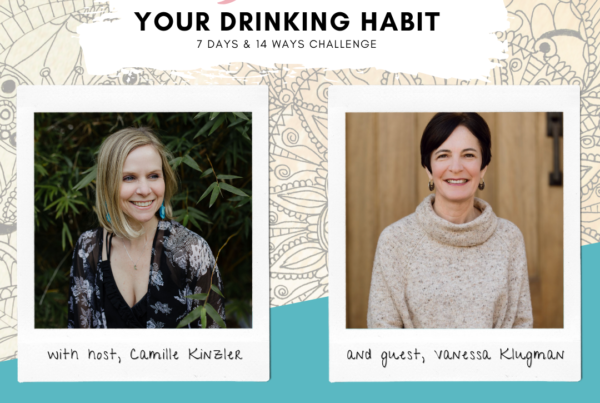
People often escape feelings of shame through addiction. Yet to truly recover from addiction we need to heal our shame. One of the antidotes to shame is the practice of self compassion. Self compassion is a way of treating ourselves as we would a good friend. Most people extend much greater kindness to others than to themselves. There are many studies that show that self compassion reduces anxiety, depression, stress and shame. Self compassionate people have better body images, are more optimistic, resilient and generally in better physical health.
Self compassion has been described by Kristin Neff as having three elements. The first is mindfulness, the ability to be present to what is occurring in the moment. In order to open our hearts to ourselves, we need the courage to be with our suffering. We need to validate it, name it and acknowledge how challenging it is. The second element of self compassion is kindness rather than self judgment. This is the capacity to extend to ourselves acts of self care. This involves checking in and asking ourselves what we need in the moment and giving it to ourselves. Sometimes kindness is a loving gesture such as a massage or bubble bath and other times it can be a loving phrase such as , “You are not alone” or ‘“I care about your suffering.” The last element of self compassion is common humanity. This is the idea that we all suffer and that it is part of being a human being. When we suffer we often think that something has gone wrong and self isolate. When we remember that struggle is what makes us human we feel less alone.
What are the barriers to self compassion? Why are we so much kinder to others than to ourselves? There are many misconceptions around self compassion. Many of us believe that being kind to ourselves is selfish. This could not be farther form the truth. When we can meet our own needs, we have more to give to others not less. Another myth is that self compassion undermines our motivation. Research has shown that the opposite is true. People who are harsh self critics give up if they experience a failure, whereas self compassionate people are willing to try again. Self compassion is not “weak”. In fact, it is a great source of resilience. When looking at Iraqi vets, researchers found that those who were more self compassionate had less post traumatic stress. People who are kind to themselves are able to deal with life’s challenges more effectively.
Even if you have a harsh inner critic, self compassion is a practice that you can learn. I teach my clients the skill of taking a self compassion break. When a challenge arises, we start by noticing and validating that it is a moment of struggling. We then extend kindness to ourselves in the form of a gesture such as placing our hand on our heart or through kind words like, “ I care about this pain.” Finally, we remember that we are not alone in our suffering and that everyone suffers at some point in their life. By practicing this skill, over and over, we can learn to soften the harsh inner critical voice and treat ourselves as we would our best friend.
If you are interested in receiving a free tool to enhance your self compassion please email me at vanesslifeandrecoverycoach@





